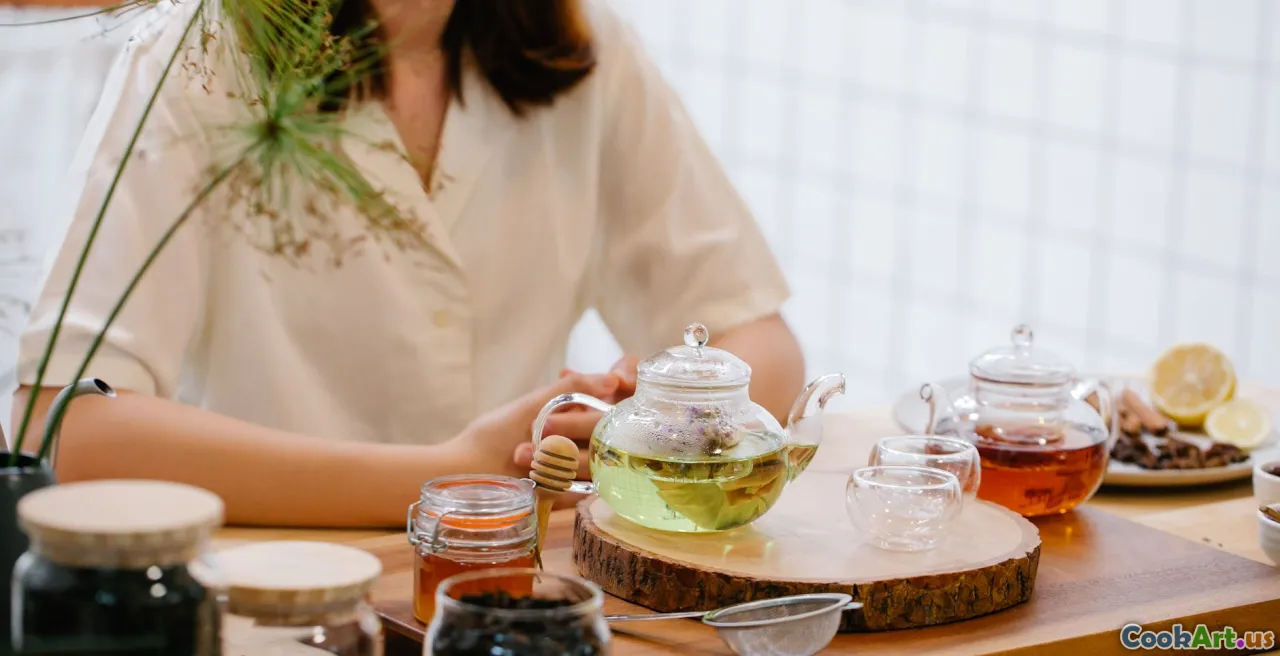Herbal Infusions in Craft Cocktails
5 min read Discover the art of herbal infusions in craft cocktails and elevate your mixology game with fresh flavors and creative techniques. April 11, 2025 06:00
Herbal Infusions in Craft Cocktails
Craft cocktails have evolved into a sophisticated art form where creativity meets flavor, and one of the most intriguing trends in this realm is the use of herbal infusions. This article delves into how herbs can elevate cocktails, offering fresh flavors, aromatic complexity, and even health benefits.
The Role of Herbs in Mixology
Herbs have been used in culinary practices for centuries, not only to enhance flavor but also for their medicinal properties. In mixology, herbs can add depth to cocktails, making them more than just a drink; they can be a sensory experience.
Fresh vs. Dried Herbs
When it comes to using herbs in cocktails, both fresh and dried forms have their place:
- Fresh Herbs: These are often used for their vibrant flavors and aromatic qualities. Think basil in a gin fizz or mint in a mojito. Fresh herbs are typically muddled or used as garnishes.
- Dried Herbs: Dried herbs can be more concentrated and are often used in infusions. Thyme and rosemary, for example, can add an earthy quality when steeped in spirits.
How to Create Herbal Infusions
Creating herbal infusions is a straightforward process. Here’s a step-by-step guide:
- Choose Your Base Spirit: Vodka, gin, and rum are excellent choices as they have neutral flavors that allow the herb's essence to shine through.
- Select Your Herbs: Choose herbs that complement each other and the cocktail. Popular options include:
- Basil
- Mint
- Thyme
- Rosemary
- Sage
- Infusion Process:
- Maceration: For a quick infusion, muddle the herbs in the base spirit and let them sit for a few hours.
- Cold Infusion: Combine herbs and spirit in a sealed jar and let it steep in the fridge for 2-3 days, tasting periodically.
- Heat Infusion: For a faster process, gently heat the spirit and herbs together, then let cool and strain.
- Strain and Store: Once the desired flavor is achieved, strain the mixture to remove the herbs. Store the infusion in a dark glass bottle to maintain its flavor and aroma.
Creative Cocktail Recipes
Here are a couple of cocktail recipes that utilize herbal infusions:
Basil Gin Fizz
Ingredients:
- 2 oz basil-infused gin
- 1 oz fresh lemon juice
- 1 oz simple syrup
- Club soda
- Fresh basil for garnish
Instructions:
- In a shaker, combine basil-infused gin, lemon juice, and simple syrup with ice.
- Shake well and strain into a glass filled with ice.
- Top with club soda and garnish with a fresh basil leaf.
Rosemary Vodka Sour
Ingredients:
- 2 oz rosemary-infused vodka
- 1 oz fresh lemon juice
- 0.5 oz simple syrup
- Fresh rosemary sprig for garnish
Instructions:
- Shake rosemary-infused vodka, lemon juice, and simple syrup with ice.
- Strain into a chilled glass.
- Garnish with a sprig of rosemary.
Health Benefits of Herbal Cocktails
Beyond their culinary appeal, herbal cocktails can also offer health benefits. For example, mint is known for aiding digestion, while basil has anti-inflammatory properties. Incorporating herbs into cocktails can add a layer of wellness to your drinking experience.
Conclusion
Herbal infusions are a dynamic way to enhance craft cocktails, allowing for an exploration of flavors and aromas that can transform ordinary drinks into extraordinary experiences. Whether you're a seasoned mixologist or a home bartender, experimenting with herbal infusions can open up a world of taste and creativity. So, gather your herbs, infuse your spirits, and elevate your cocktail game today!









